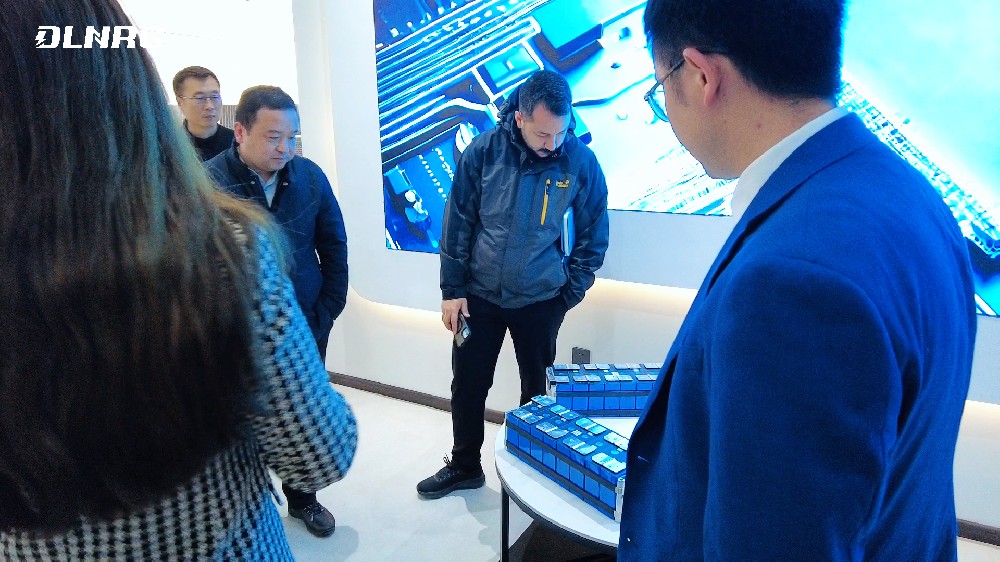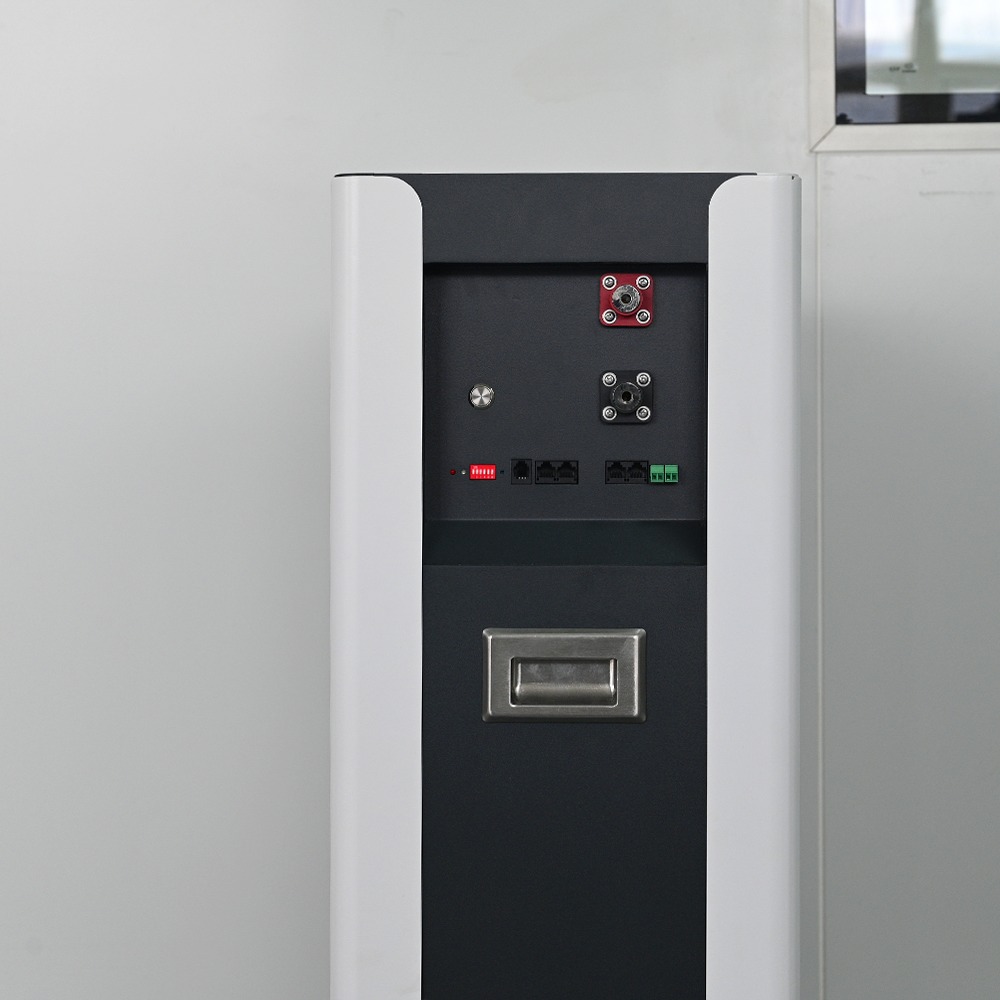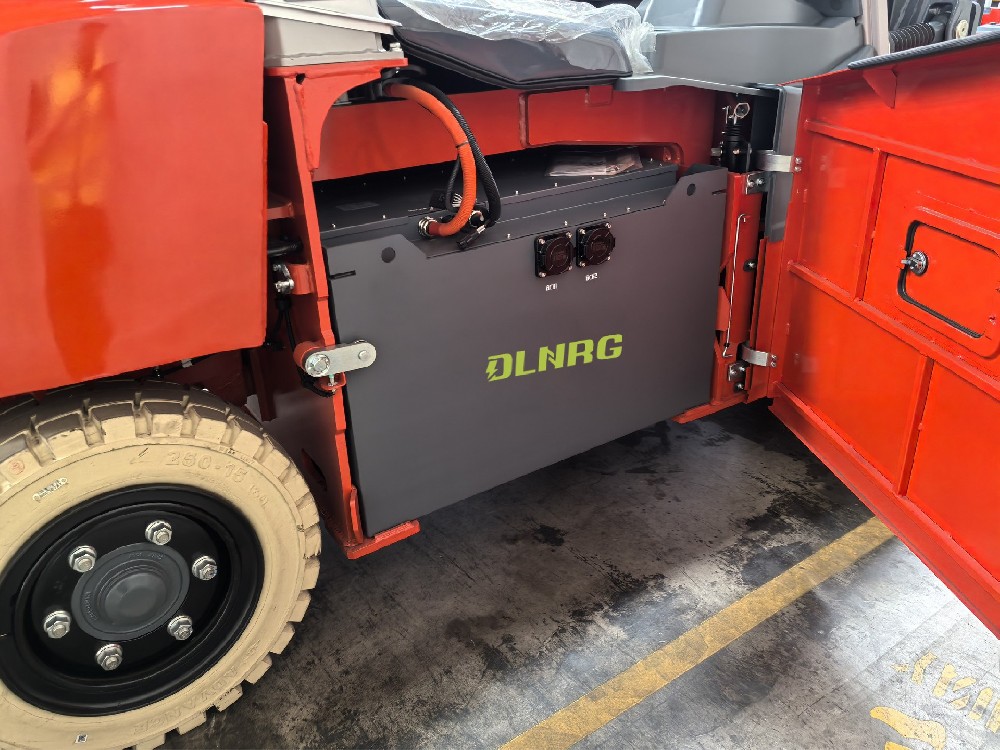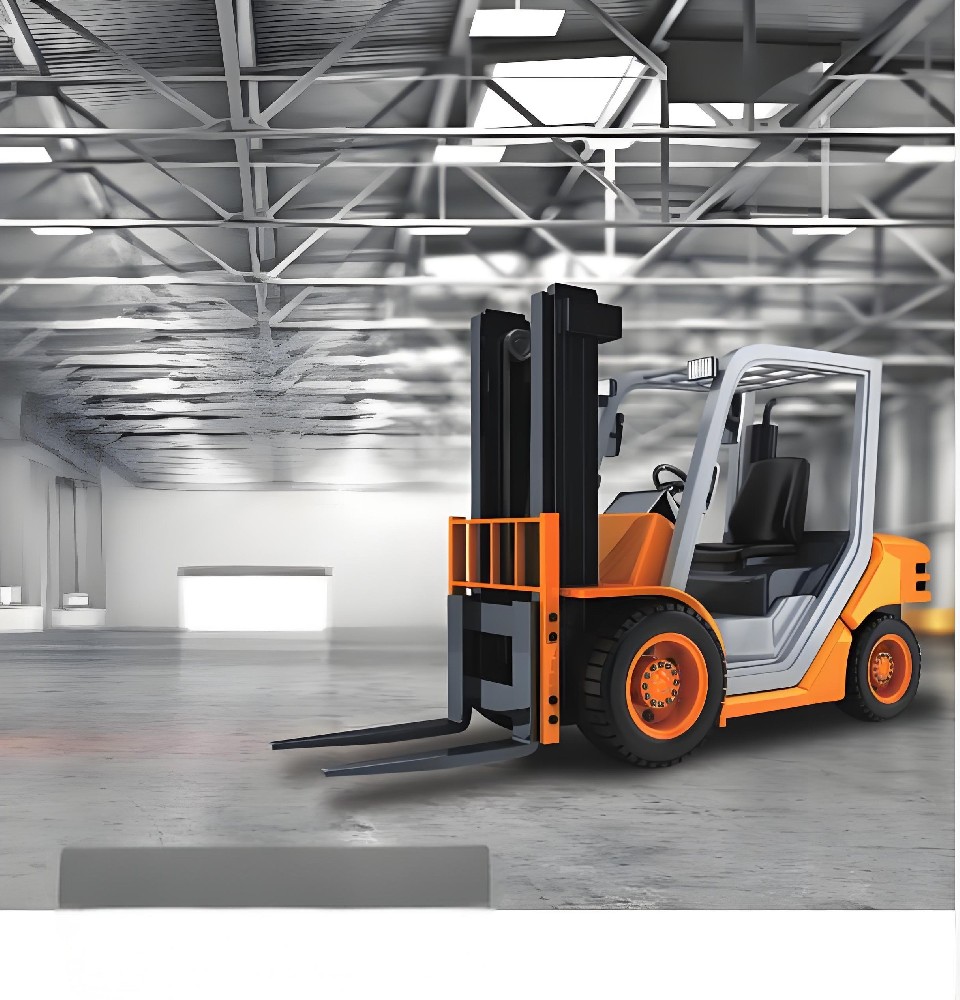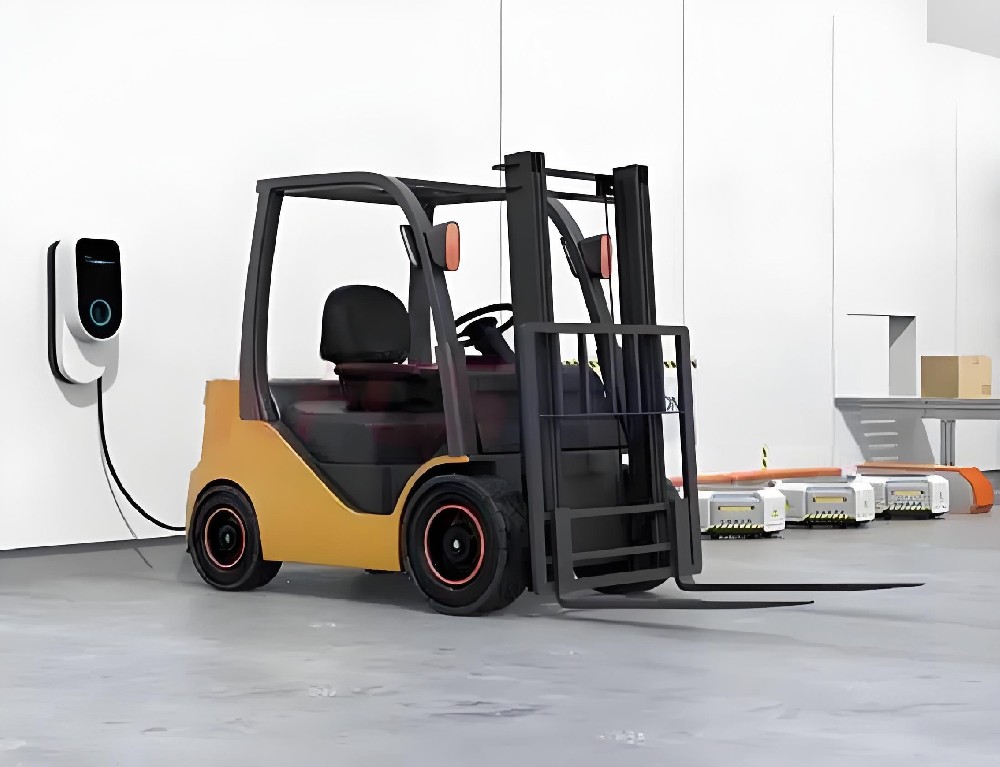The forklift industry has grown tremendously in recent years, constantly demanding efficient and environmentally friendly solutions. One of the most significant advancements is the
integration of lithium-ion batteries in forklifts. This article will explore the benefits of forklift lithium batteries, discuss how they compare to traditional lead-acid batteries, and ultimately
help you decide when choosing the best battery solution for your business.
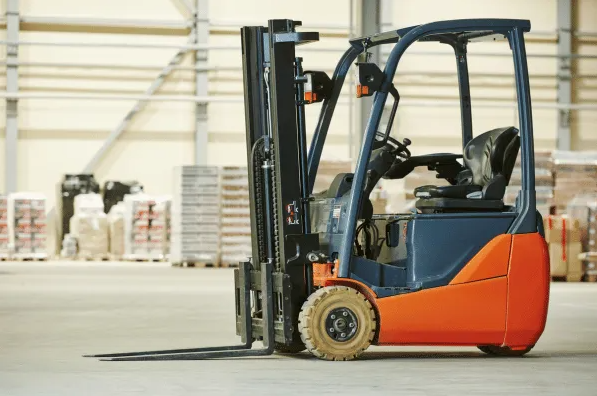
What is a Lithium-ion Battery?
Lithium-ion batteries, often called Li-ion batteries, are rechargeable energy storage systems that utilize lithium ions to generate electricity. These batteries have become increasingly
popular in various industries, including the forklift industry, due to their numerous advantages over traditional lead-acid batteries.
Advantages of Forklift Lithium Batteries
Longer Lifespan
One of the most significant benefits of lithium-ion batteries is their extended lifespan. While traditional lead-acid batteries have an average lifespan of 1,000 to 1,500 charge cycles, lithium-
ion batteries can last up to 5,000 cycles or more. This translates to reduced battery replacement costs and increased productivity over the long run.
Faster Charging Times
Lithium-ion batteries can be charged much faster than lead-acid batteries, reducing downtime between shifts. A lithium-ion battery can be fully charged within 1-2 hours, while a lead-acid
battery may take 8-10 hours. Lithium-ion batteries can be opportunity set during breaks or downtime without damaging the battery, further increasing productivity.
Higher Energy Efficiency
Lithium-ion batteries are more energy-efficient than their lead-acid counterparts. They have a higher energy density, meaning they can store more energy in a smaller, lighter package. This
results in reduced energy consumption, lower operating costs, and a more environmentally friendly solution.
Maintenance-Free
Lithium-ion batteries are virtually maintenance-free, unlike lead-acid batteries requiring regular maintenance, such as topping off the electrolyte levels and equalizing charges. This saves time and effort for your maintenance team and reduces the risk of accidents related to battery handling.
Environmentally Friendly
Lithium-ion batteries are considered more environmentally friendly than lead-acid batteries. They do not contain toxic materials like lead and sulfuric acid, and they produce fewer greenhouse gas emissions. Additionally, lithium-ion batteries can be recycled, further reducing their environmental impact.
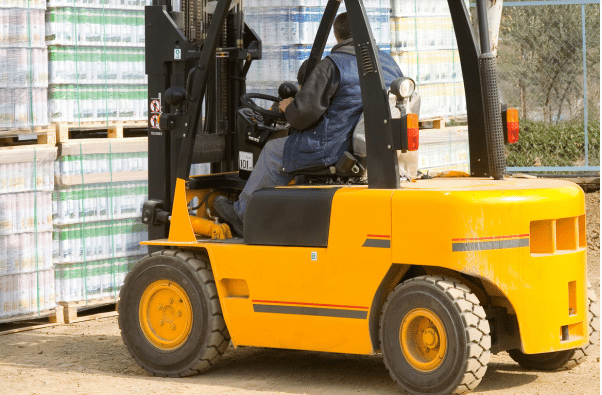
Comparing Forklift Lithium Batteries to Lead-Acid Batteries
Initial Investment
The initial cost of lithium-ion batteries is higher than that of lead-acid batteries. However, when considering their longer lifespan, reduced maintenance, and higher energy efficiency, lithium-ion batteries often have a lower total cost of ownership in the long run.
Performance
Lithium-ion batteries provide consistent performance throughout their entire discharge cycle, while lead-acid batteries experience a decline in voltage as they discharge. This can result in reduced forklift power and slower operation as the battery drains, affecting overall productivity.
Making the Switch to Forklift Lithium Batteries
Switching from lead-acid to lithium-ion batteries requires adjustments, such as updating your charging infrastructure and implementing proper safety measures. However, the benefits of lithium-ion batteries make this transition worthwhile for many businesses.
Forklift lithium batteries offer numerous advantages over traditional lead-acid batteries, including a longer lifespan, faster charging times, higher energy efficiency, and reduced
maintenance requirements. While the initial investment may be higher, the long-term benefits of using lithium-ion batteries can result in a lower total cost of ownership and increased productivity for your business. Switching to forklift lithium batteries can improve your operations’ efficiency while contributing to a more sustainable and environmentally friendly solution.
Selecting the Right Forklift Lithium Battery
Battery Capacity and Voltage
When choosing a lithium-ion battery for your forklift, consider the required capacity and voltage to ensure it meets your needs. The ability, measured in ampere-hours (Ah), determines the battery’s runtime, while the voltage, measured in volts (V), affects the power output. Consult the forklift manufacturer’s recommendations to determine the appropriate battery specifications.
Battery Management System (BMS)
A high-quality battery management system (BMS) is essential for safe and efficient operation of lithium-ion batteries. The BMS monitors and controls the battery’s performance, ensuring it operates within its optimal parameters. It also prevents overcharging, over-discharging, and overheating, ultimately prolonging the battery’s lifespan.
Warranty and Support
When selecting a forklift lithium battery, consider the warranty and support offered by the manufacturer. A comprehensive warranty can provide peace of mind and protect your investment, while a responsive and knowledgeable support team can help you troubleshoot any issues.
Safety Considerations for Forklift Lithium Batteries
Proper Handling and Storage
Handling and storing lithium-ion batteries safely is essential to prevent damage or accidents. Always follow the manufacturer’s guidelines for transporting, lifting, and keeping the batteries. Ensure the storage area is well-ventilated, dry, and away from direct sunlight or heat sources.
Charging Safety
Only use compatible chargers designed explicitly for lithium-ion batteries, and follow the manufacturer’s charging recommendations. It is crucial to avoid overcharging the batteries, as this can lead to reduced performance and potential safety hazards.
Emergency Response
In the unlikely event of a lithium-ion battery fire or other emergency, ensure that your facility is equipped with the appropriate fire extinguishers, such as Class D extinguishers for lithium-ion battery fires. Train your staff to respond to battery-related emergencies and establish a clear emergency response plan.
Conclusion
The numerous advantages of forklift lithium batteries make them a compelling choice for businesses seeking to improve efficiency and sustainability. With proper selection, implementation, and safety measures, switching to lithium-ion batteries can result in long-term benefits for your operations. By understanding the key factors and considerations, you can make an informed decision and successfully transition to this advanced battery technology.
